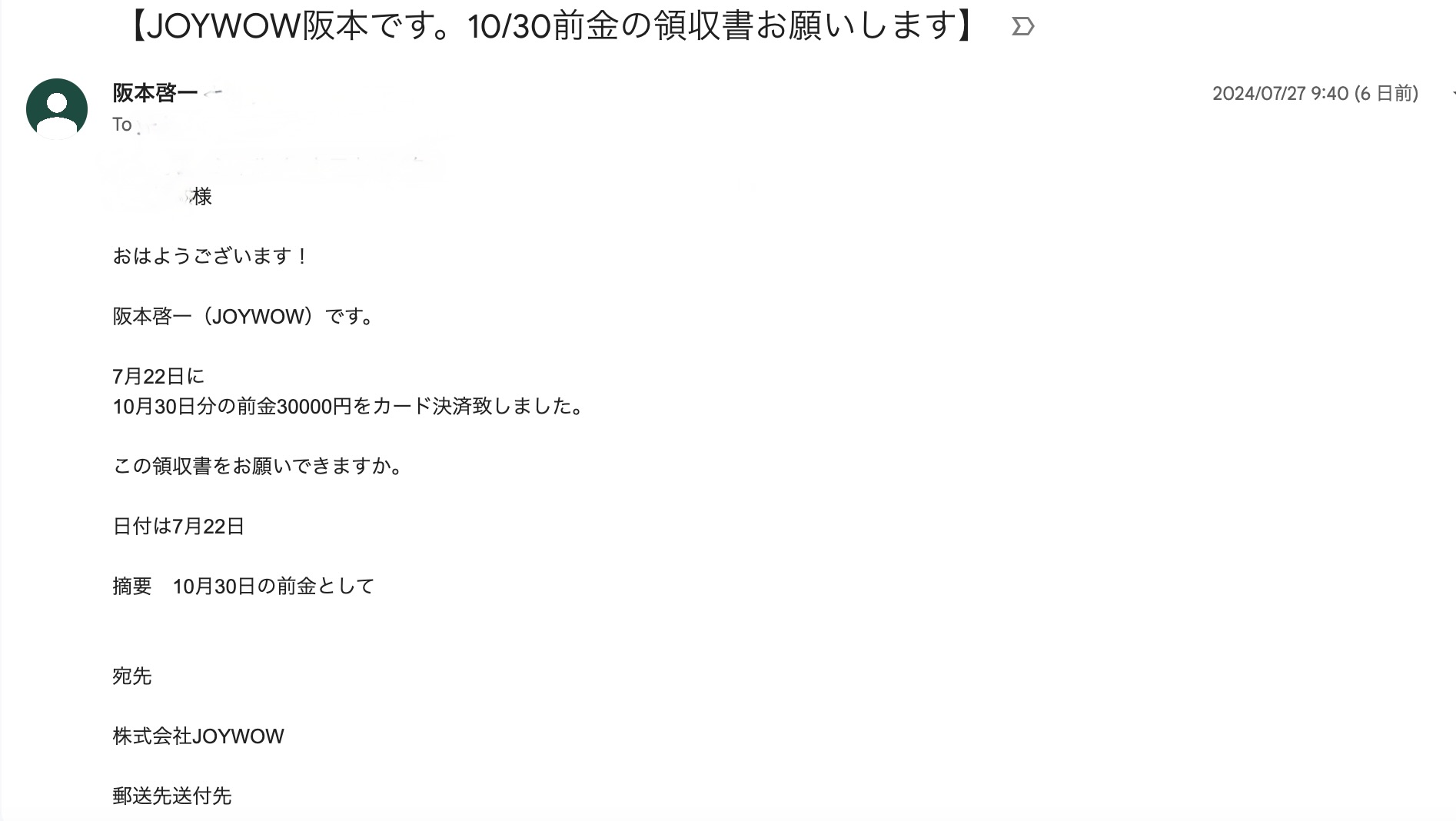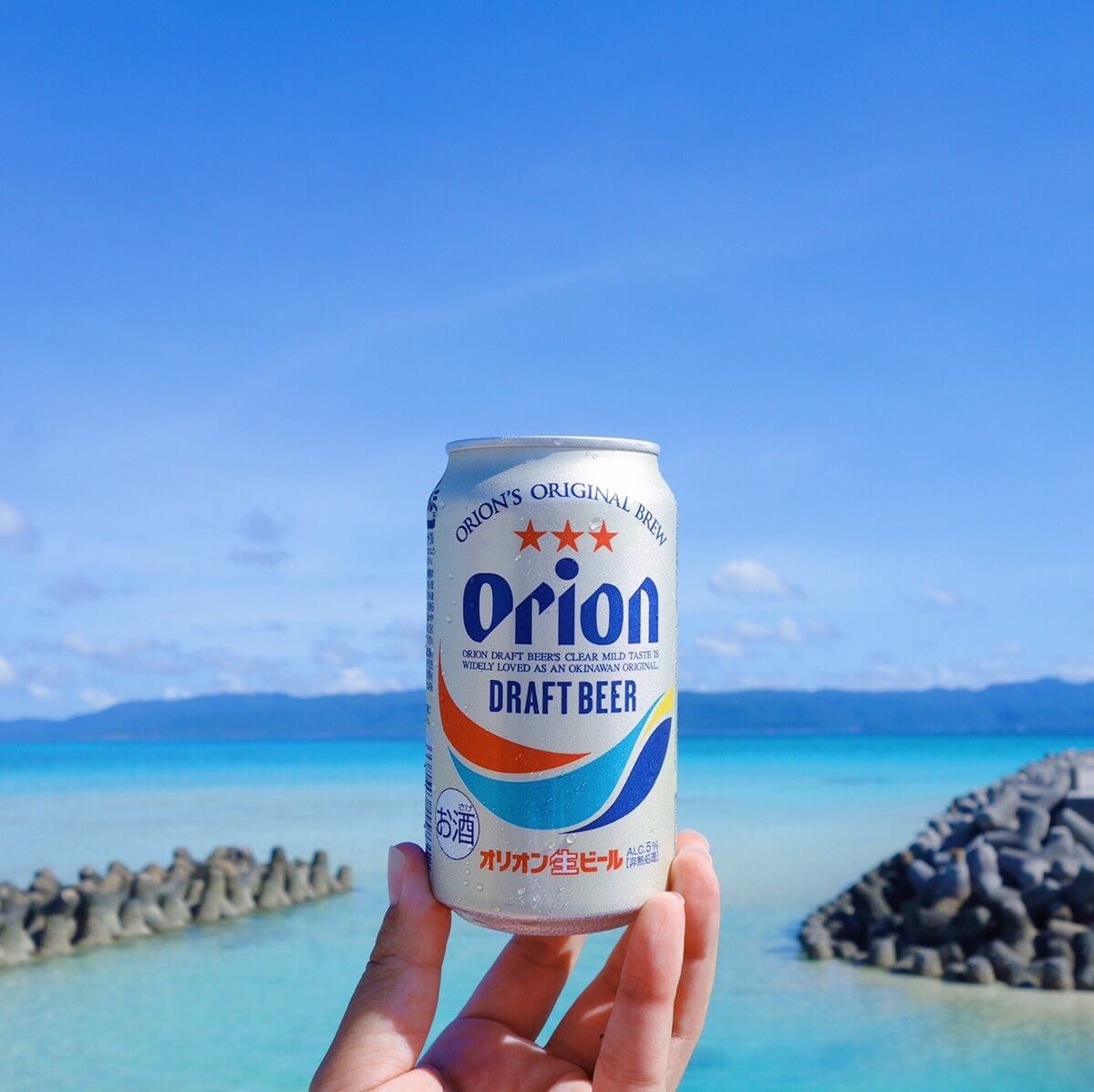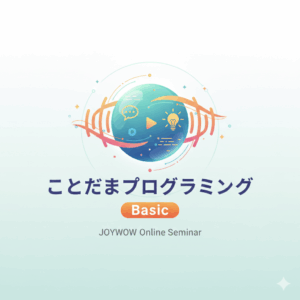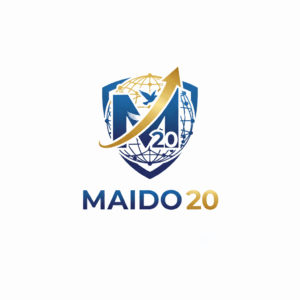Wow, it’s hot, isn’t it?
Anyway, “There are two types of strength in battle: offense and defense,” says Shoubunkun (Masahiro Takashima) during a military meeting in the movie “Kingdom III: The Flame of Fate.”
This is very enlightening.
I think I could write a book titled “Management Lessons from the Movie ‘Kingdom’.”
Now, there are also “offense” and “defense” in “customer acquisition.”
In an online shop, some set items are offered with free shipping. There are customers who ask, “Can you include a few other items with the set product?” The term “other items” can mean a lot of things: their shape, weight, and above all, whether they fit nicely into the box prepared for the set. This requires individual judgment. It’s troublesome. So, the common “solution” is to state in advance, “We cannot combine other items with the set product.”
But is that really okay? Is that being proactive?
Customers are saying they want to buy one or two extra items. This is something to be grateful for.
The “offense” approach would be like this:
“Thank you very much. Due to the box capacity and shipping form issues, may we consult with you individually by phone?”
By doing so, you can spend time with the customer to find a solution like, “This product is not suitable, but these ones are okay.” This “sharing time” is crucial.
When communicating by voice, it leaves a mark in the human brain.
Not just this once, but
“Oh, they were accommodating back then. I’ll buy from them again next time.”
To maintain a “connection” for five or ten years down the road, you engage in “voice communication.”
This is what it is. Instead of the common solution, you take the offensive.
There’s a restaurant that I reserved for a party.
A deposit was required, so I paid 30,000 yen, which is 10% of the total amount.
I carelessly forgot to ask for a receipt.
I thought a credit card statement would suffice, but since the invoice system came into effect, things have become stricter.
I emailed them on July 27.

In a book written by a businessman in America in the 90s, he wrote,
“If you ask for a call back, you want a call back. If you email, you want a reply.”
I thought,
“What are you saying? That’s obvious.”
But later, when I actually started living in New York, I understood what he meant.
In the American business world, callbacks and email replies were not a given.
I never thought Japan would end up like that… but unfortunately, it did.
I didn’t get a reply.
I called.
The person in charge seemed clueless.
“Haven’t you seen the email yet?”
“Well, it might have gotten lost.”
“I would like a receipt issued and mailed to me for such and such reasons.”
“We’ll have to charge you for the postage.”
Postage costs…
Since it was troublesome, I decided to go to the restaurant to collect it myself.
This is a story of “defense.”
That restaurant has a good location, so they have no trouble attracting customers.
But you know, the love of customers slowly leaks away through small cracks.
At least, they have lost “Sakamoto” forever.
I will have the party there, but I won’t use them again afterward.
Behind one customer, there are a hundred people.
It can either be “Oh, that place is good” or “I asked for a receipt, and they told me to come and get it myself” through word of mouth.
Stores blessed with good locations are weak in “defense.”
Companies don’t die suddenly.
They just slowly walk towards their end.









コメント